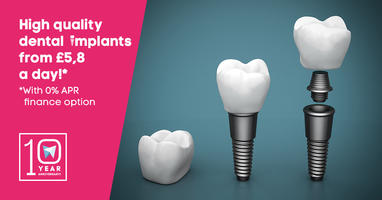In modern day medicine, detection, prevention and early intervention are the key players in guaranteeing the health of patients. This is why most new innovations that medical science is coming up with will have something to do with this aspect of medicine. It is so much easier to prevent problems from happening than to deal with disease or illness, as the human body is an interconnected system, in which each part of the whole affects the others as well.
Medical problems can be very cost effectively and easily be nipped in the bud, but curing a deep seated, advanced illness is costly, taxing on your health, and may not even be completely possible. This is why innovations like the chewing gum that helps detect peri-implantitis are the wave of the future when it comes to medical technology.

The chewing gum and the way it works against peri-implantitis
How does it work? The chewing gum tastes like a normal gum unless there are certain enzymes present in your saliva. When coming into contact with these, an unmistakeable bitter taste will be the result. The gum has a special coating that turns bitter when these enzymes are present. This way, every morning just chew your gum, and if you taste bitterness, go and see your dentist immediately. This way, the chances of your being able to prevent anything serious from happening - like dental implant failure, for example - is very high, and this way you can save a lot of money before having to get more serious dental interventions for more serious problems.
Additional benefits: against peri-implantitis,periodontitis and gingivitis
The enzyme it tracks in particular is called matrix metalloproteinase-8, and it is also one of the enzymes that is associated with peri-implantitis periodontitis and gingivitis. The fact that there is now a mechanism that can track and identify this enzyme for laypeople in an unmistakeable manner is sheer genius, and is the kind of innovation that more researchers need to consider. All of these diseases get much worse with time, so tracking and finding them in time is a great way to keep on top of your oral health and save a bunch fo money on oral surgery costs.

